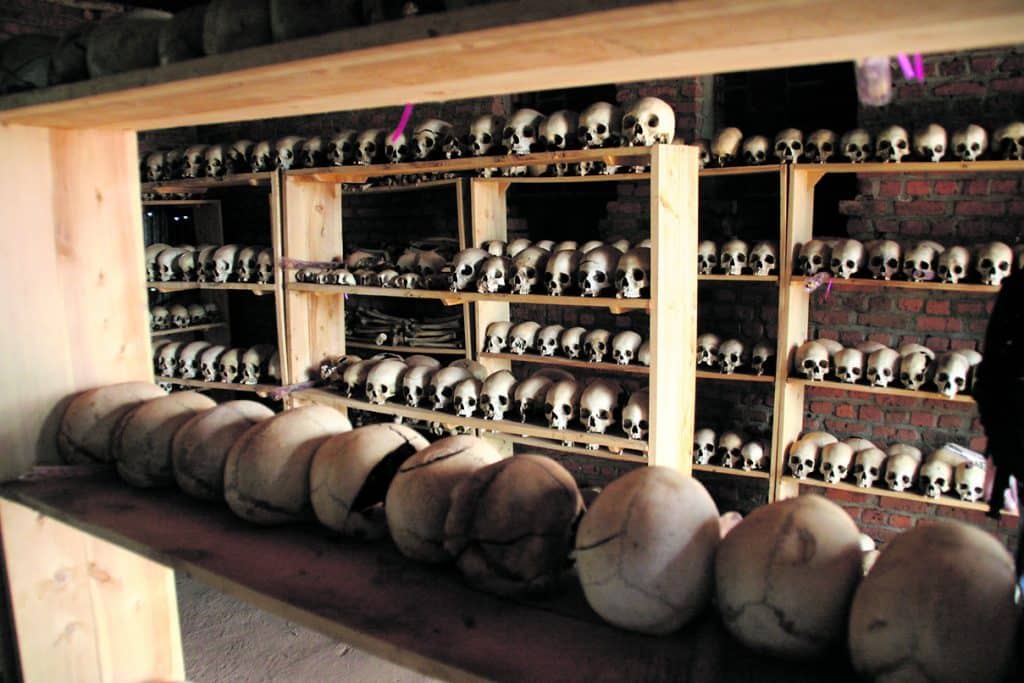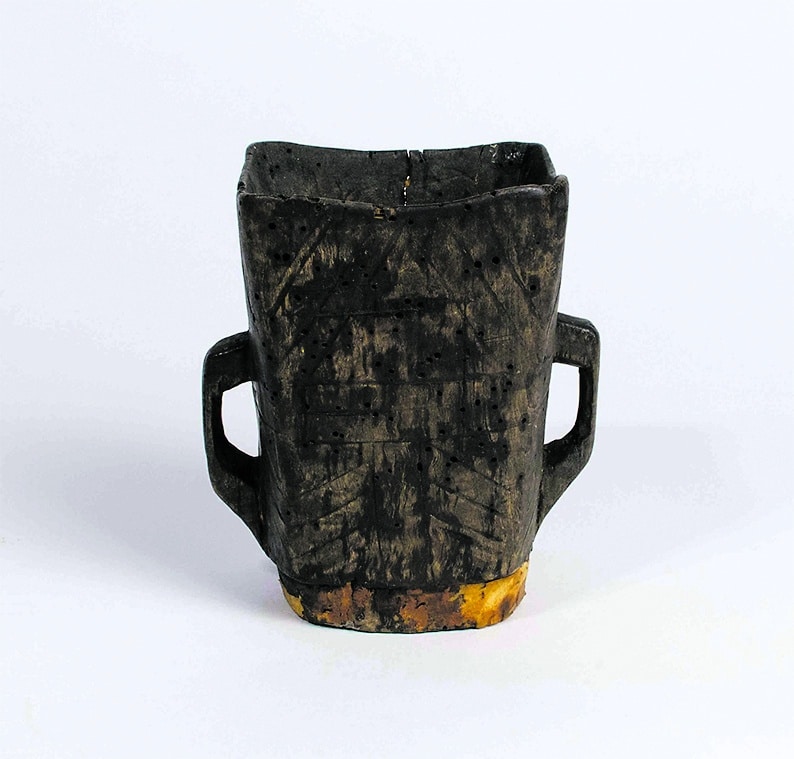Paradoxically as it sounds, there are rules to war. Out of the ashes of World War Two, the United Nations sought to “minimise the suffering under conditions of war”. This is referred to as ‘Jus ad Bellum’. The thought process was no matter how bad war is, there must be parameters to prevent belligerents from descending into barbarism.
To use a metaphor: imagine a sporting event. Many coaches will try to win a match within the laws of the game; many more will try to bend or break them if the end justifies the means. If you support a team that defies the rules, then victory can blind you to the methods used to win. Leaders such as Trump and Netanyahu lose no sleep in justifying their methods in the name of victory. The crowd can see dirty tactics, the referees have seen foul play, the sporting bodies have consulted the rule book – yet the game continues.
But we are not talking about a game and a referee or a rule book. We are talking about the international community witnessing in real time, a state-sponsored army – led by government policy and supported by sections of its population – waging a campaign of near-total destruction against the Palestinians in Gaza. This campaign has included making life so unbearable that it may force Palestinians to relinquish their land.
The rule book is the ‘United Nations Charter, Article two’. The UN Commission has called it genocide, defined as “acts committed with intent to destroy, in whole or in part, a national, ethnical, racial or religious group’. Four of the five genocidal acts have been identified: deliberately inflicting conditions that calculated to destroy the groups, (90 per cent of Gaza has been destroyed and damaged and hygiene and sanitation systems have collapsed); Killing members of a group, (i.e. ethnic Palestinian people); preventing births, (hospitals have been deliberately targeted and destroyed); and mental harm, (generational trauma, especially for the surviving children, who have also lost their education).
Israel has denied this accusation. It has also restricted international journalists from entering the war zone, leaving the world to rely on Palestinian journalists – around 200 of whom have been killed while reporting. Yet still, like fanatical fans supporting their team, some will never accept the ‘referee’s’ decisions.
To push this metaphor even further, take a governing body like FIFA or the International Olympic Committee. What happens if you don’t play by their rules? Ask former Irish Olympian swimmer Shane Ryan, who has decided the rules don’t matter anymore and will go to the enhanced games where he can break them. He has lost his standing in international sport. Isreal and USA, while part of the UN, also play outside the rules of international organisations such as the International Criminal Court (ICC). Yet they have so much power, they can simply ignore the international community.
Isreal now finds itself on a long list with other regimes accused of genocide – ironically, since the Jews people themselves were victims of Nazi genocide. This list includes Stalin’s mass starvation policies in the USSR; the Cambodian genocide of 1975, which saw a third of the population targeted and exterminated by the communist affiliated group, the Khmer Rouge, led by Pol Pot; the 1995 Serbian campaign of ethnic cleansing against Bosnian Muslims, most infamously at Srebrenica; and the 2003 genocide in Sudan under President Omar al-Bashir, involving mass killings, rape, and torture. The list goes on into the 21st century with the persecution of the Rohingya in Myanmar and the oppression of Uyghur Muslims in China both described as having genocidal characteristics.
A recurring theme among these regimes is denial. Sadly, but oftentimes, it seems we have to wait until the USA start using the label ‘genocide’ before it is ‘officially’ accepted.
Let’s look at some of these genocides that have plagued civilisation.
A common theme to genocides is the colonial footprint and the politically-nurtured imbalances set up by the conquering Europeans, oftentimes creating the ground conditions from which the seed of genocide germinated. In 1994, 800,000 Tutsi Rwandans were murdered by their fellow countrymen and neighbours, the Hutu. Why did this happen and what were the conditions that facilitated it?
In the scramble for Africa, it was the Germans who invaded and colonised Rwanda from 1897 to 1916. The Belgians, who were already sucking the Belgian Congo dry, succeeded the Germans, where they created a division between the two predominant tribes, the Hutu and Tutsi, which made the country disunited, weaker and easier to govern.
The Tutsi minority were nurtured and favoured by the Belgian authorities and the (White Father Missionaries) church, which would carry devastating repercussions. The Belgians favoured the Tutsi minority, viewing them as racially superior and granting them positions of authority. This favouritism created deep resentment among the Hutu majority. When the colonial government later replaced Tutsi chiefs with Hutu ones in the 1960s, tensions exploded. After independence in 1962, recurring violence and mass migrations further destabilised the country. This caused a further wave of massive migration to neighbouring countries such as the Congo, Burundi and Uganda, resulting in a further 300,000 Tutsi going into exile once independence was declared.

A generation later, many of the Tutsi refugees would play a central role in the geopolitical pyre that was lit. Perhaps a cautionary tale for Israel today. When war broke out in the Congo in 1990, it was fuelled by many ‘Rwandan’ Tutsi. This also added to a ‘fear’ of the return of Tutsi power in neighbouring Rwanda. But the petrol on the flames was the death of Rwandan Hutu President Habyarimana, whose plane was shot down in April 1994.
Pual Kagame, a Tutsi and leader of the Rwandan Patriotic Front, had been living in Uganda since he was exiled as a child. He was accused of carrying out a rocket attack from an armed camp that shot down the plane of the Rwandan President. The Hutu majority feared the return of the Tutsi elite that had been waiting in the long grass. However, the perpetrators of the Rwanda genocide remain disputed. The genocide was carried out by a combination of the Presidential Guard, the French-trained rural police (gendarmerie), the Rwandan Armed Forces, civil servants and the general peasant population. Liberal Hutus, who defended the Tutsi and some Belgian settlers, were also killed in the bloody rampage that killed 800,000 Tutsi.
In conclusion, there are many factors that influence a genocide. But what Israel has in common with most is the interference of European powers – it was Britain that played a central role in its creation. Israel also shares a belief in a racial superiority and imposes an apartheid system within the ‘shared lands’. Current Minister of Finance, Bezalei Smotrich, is on record for saying that Jewish and Arab women should be separated in maternity wards. The minister for agriculture, Amihai Eliyahuhas, said that “we are now rolling out the Gaza Nakba” (reference to 1948, when 700,000 Palestinians were forcibly displaced from their homes and expelled.) Boaz Bismuth, a member of the Knesset (parliament) has said, “there is no place for humanitarian gestures”. This rhetoric is just a small example of the mindset of the Israelis who can no longer see the wood from the trees. Years of conflict and fighting with a terrorist organisation, Hamas, has now led to a mindset that seeks to remove any Palestinian threat, even if it means destroying or displacing that race.
Two years of captivity of Israeli prisoners was barbaric and so was the killing of 1,200 Jewish citizens on October 7, 2023. Perhaps the greatest tragedy is that Israel seems to have forgotten its own sad and horrendous past, which the world still commemorates every year and which every Irish history schoolbook uses as a tool to say “never again”. And yet they remain deaf to their own history.



